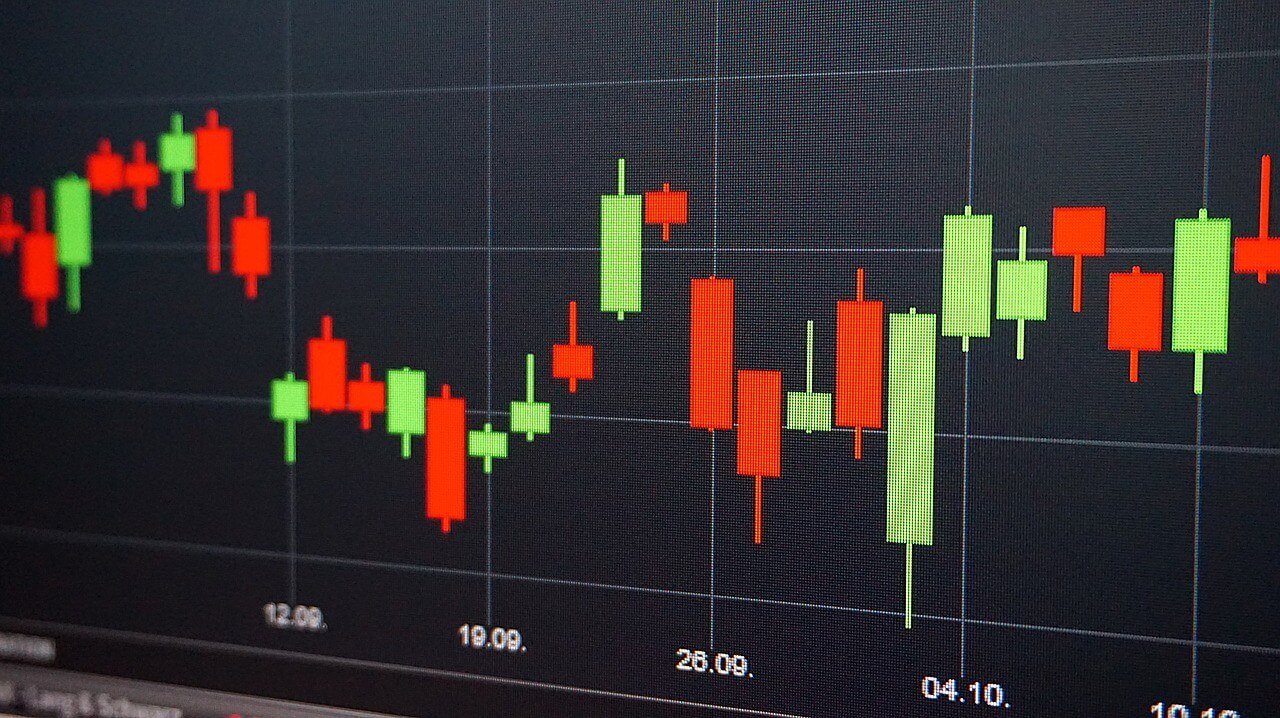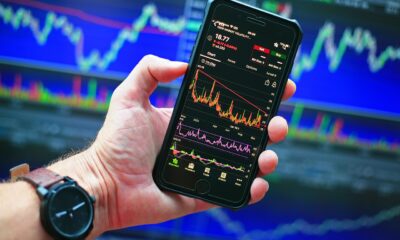Featured
Trading psychology: How to toughen up the mind
Letting emotions take over can lead to bad trading decisions, so it’s better to keep them at bay.

Trading is not a skill that can be learned overnight or a knowledge that everyone is born with. A good trader spends a huge amount of time reading materials and learning the basics before he or she can be good at it.
According to Investopedia, trading psychology and discipline are two important factors that traders need to learn. These two make the balance between the emotional and intellectual aspect of trading. It is important to know why things are not going your way, and it is also equally significant to learn how to frame the mind to react and feel in this type of situation.
Fear is one of the humans’ natural emotions. It is a natural reaction to what people see as a threat, and in the stock market, the threat is the possible loss of profit. Knowing the root of that fear is a helpful way how to navigate around it. It must also be noted that even the most seasoned traders get scared, too. They just don’t allow it to cloud their logic and judgment. In short, instead of letting their fears take over, they own it.
Greed must also be contained if one aspires to be a good trader. When one is on a winning streak, he tends to enjoy the momentum while it lasts. In the end, greed can lead to devastating returns because there is always the chance of experiencing “whipsaw.”

Attending seminars and conferences on trading fundamentals are stepping stones to learning the art of trading. (Source)
A trader must recognize the thin line between greed and his or her own instinct. A good trading plan can help because it is rooted in rational business decisions compared to greed where emotions take over. Knowing when to buy or sell is not easy and takes time to learn. Aside from experience, traders can attend seminars and conferences about the fundamentals of tradings. This way, they would know how to think and react when faced with adversity. The worst that could happen is letting other people dictate your own decisions because in the end, trading is subjective; what is good for others may not exactly mean the same thing for others.
In another article from Investopedia, technical analysts also require trading psychology. It defined trading psychology as “the emotions and mental state that dictate success or failure in trading securities.” However, too much analysis can also result in more harm than good. This situation is labeled as analysis paralysis.
Per Trading Sim, risks are always present, and sometimes, waiting for things to happen is better than pushing the panic button quickly. A trader must face the reality that the market is random and anything can happen. Accepting the risks involved and the fact that you will lose money in the process, just like gaining money from it, is part of the process.
The key to getting back up when you stumble is not getting back up faster and stronger than before. It is analyzing what went wrong and finding out why you stumbled. By learning more about your mistakes, you can prevent the same thing from happening in the future.

-

 Fintech2 weeks ago
Fintech2 weeks agoFintech Alliances and AI Expand Small-Business Lending Worldwide
-

 Business9 hours ago
Business9 hours ago2.5 Billion People Watch Quiz Shows Every Day. Masters of Trivia (MOT) Is Letting Them Compete
-

 Crypto1 week ago
Crypto1 week agoBitcoin Steady Near $68K as ETF Outflows and Institutional Moves Shape Crypto Markets
-

 Fintech2 weeks ago
Fintech2 weeks agoDruo Doubles Processed Volume and Targets Global Expansion by 2026

























You must be logged in to post a comment Login